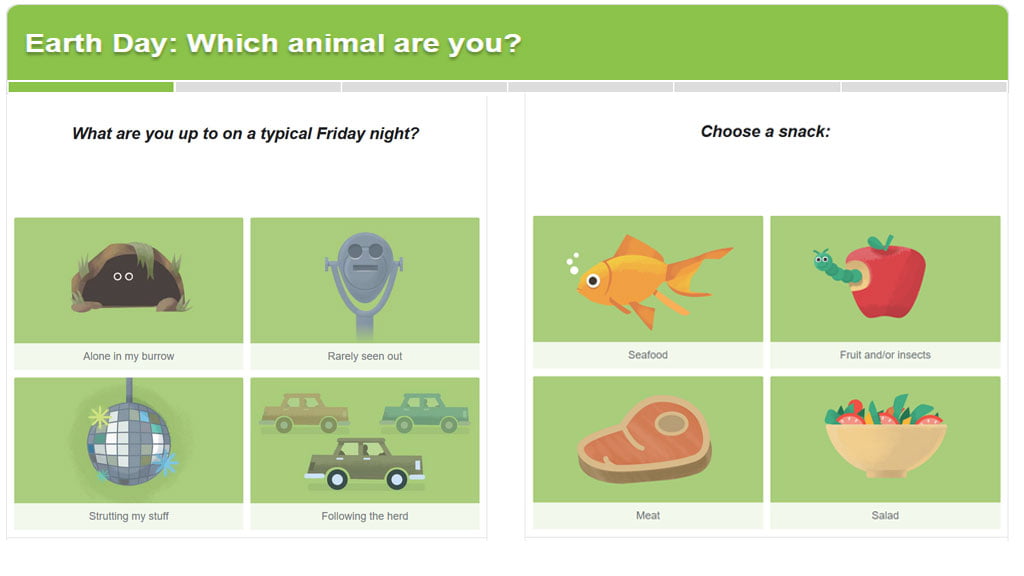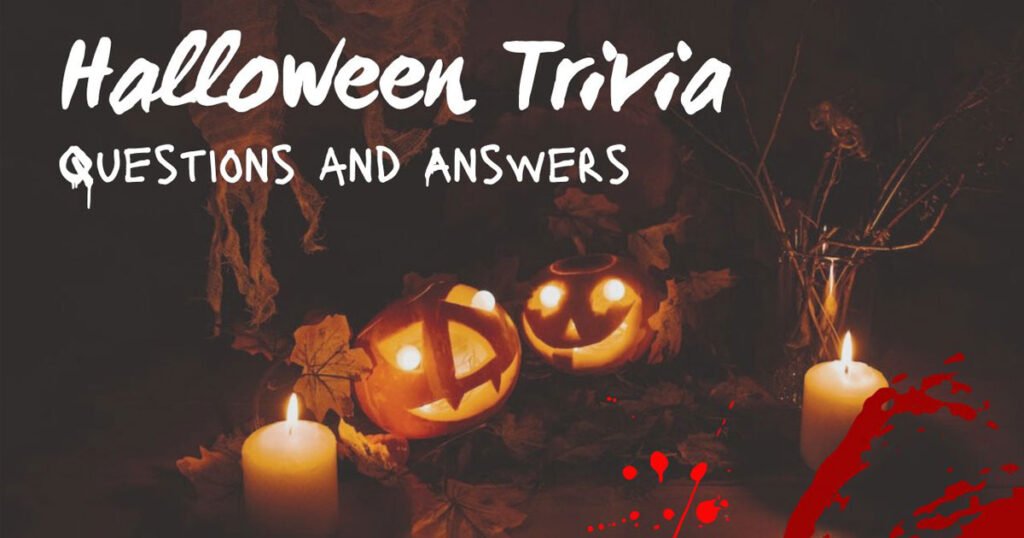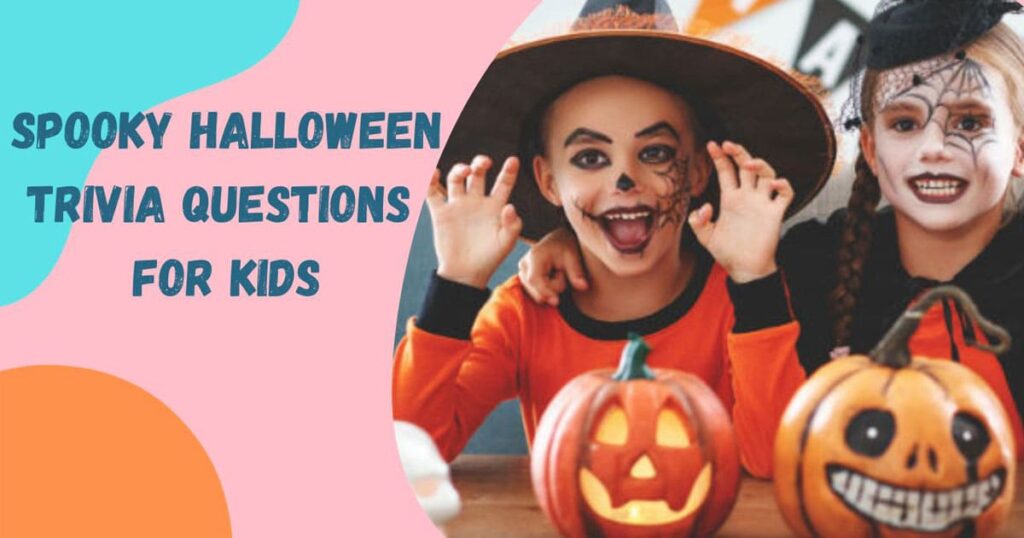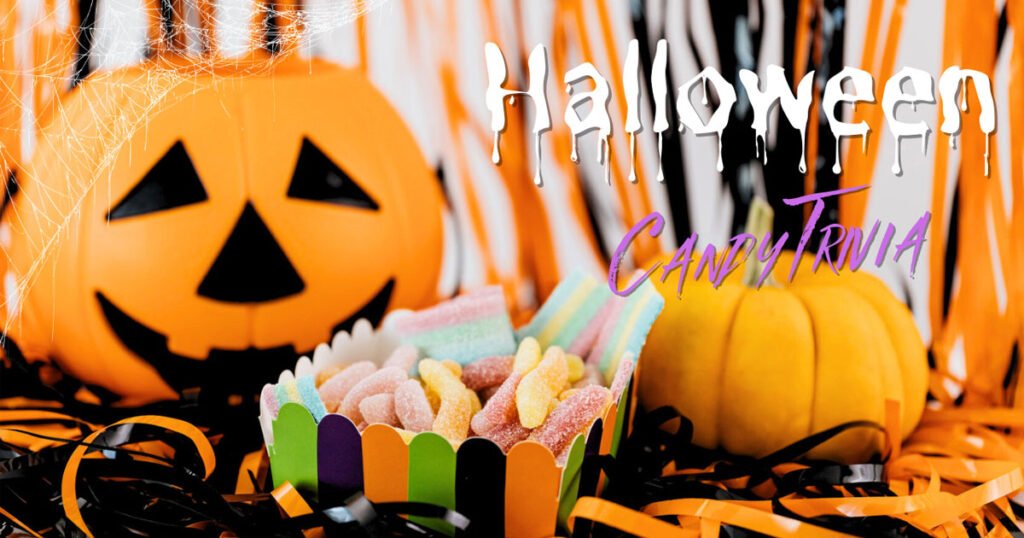Kwanzaa is a week-long African-American cultural celebration honoring heritage, community, and family. Test your knowledge with these fun Kwanzaa trivia questions and answers!
Introduction to Kwanzaa
Kwanzaa, a vibrant and meaningful celebration, was created in 1966 by Dr. Maulana Karenga as a way for African Americans to connect with their cultural roots. The holiday, observed from December 26 to January 1, is based on African harvest festivals and emphasizes seven core principles known as the Nguzo Saba.
Families celebrate with feasts, music, storytelling, and the lighting of the Kinara, a candleholder with seven candles representing the principles of Kwanzaa. Whether you’re new to Kwanzaa or have celebrated for years, these trivia questions will deepen your understanding of this rich tradition.
History of Kwanzaa
Kwanzaa’s origins trace back to the Black Freedom Movement of the 1960s. Dr. Karenga sought to establish a holiday that would unite African Americans by honoring their African heritage. The name “Kwanzaa” comes from the Swahili phrase “matunda ya kwanza,” meaning “first fruits.”
Key Historical Facts About Kwanzaa
| Fact | Description |
|---|---|
| Founder | Dr. Maulana Karenga, a professor of Africana Studies |
| First Celebrated | 1966 in the United States |
| Duration | December 26 – January 1 |
| Language Influence | Swahili terms are used for principles and symbols |
Over the years, Kwanzaa has grown into a widely recognized celebration, with millions participating worldwide.
Kwanzaa Trivia Questions and Answers
Here are 101 Kwanzaa questions and answers categorized into different sections:
General Kwanzaa Knowledge
Q: What is Kwanzaa?
A: Kwanzaa is a week-long celebration honoring African heritage, culture, and values.
Q: When is Kwanzaa celebrated?
A: Kwanzaa is celebrated from December 26 to January 1.
Q: Who created Kwanzaa?
A: Dr. Maulana Karenga created Kwanzaa in 1966.
Q: What does the word “Kwanzaa” mean?
A: “Kwanzaa” comes from the Swahili phrase “matunda ya kwanza,” meaning “first fruits.”
Q: How many principles does Kwanzaa have?
A: Kwanzaa has seven principles, known as Nguzo Saba.
Q: What is the main purpose of Kwanzaa?
A: Kwanzaa aims to celebrate African culture, unity, and heritage.
Q: Is Kwanzaa a religious holiday?
A: No, Kwanzaa is a cultural celebration, not a religious holiday.
Q: What colors are associated with Kwanzaa?
A: Red, black, and green represent Kwanzaa.
Q: Can people of all backgrounds celebrate Kwanzaa?
A: Yes, anyone can celebrate Kwanzaa, regardless of background.
Q: What is the final day of Kwanzaa called?
A: The final day of Kwanzaa is called Imani, meaning faith.
The Seven Principles of Kwanzaa (Nguzo Saba)
Q: What is the first principle of Kwanzaa?
A: Umoja (Unity) – To strive for and maintain unity in the family, community, nation, and race.
Q: What does Kujichagulia mean?
A: Kujichagulia means Self-Determination – To define, name, create, and speak for ourselves.
Q: What principle represents collective work and responsibility?
A: Ujima – Working together to build and solve community problems.
Q: What does Ujamaa focus on?
A: Ujamaa focuses on cooperative economics, supporting Black-owned businesses.
Q: What is the fifth principle of Kwanzaa?
A: Nia (Purpose) – To build and develop the community.
Q: What is Kuumba?
A: Kuumba means Creativity – To always do as much as we can to leave our community more beautiful.
Q: What principle is observed on the last day of Kwanzaa?
A: Imani (Faith) – Believing in ourselves, our people, and our future.
Q: How many days is each principle celebrated?
A: Each principle is celebrated on one of the seven days of Kwanzaa.
Q: Which principle encourages economic support within the community?
A: Ujamaa (Cooperative Economics).
Q: Why are the Nguzo Saba important?
A: They provide a foundation for cultural and social values in the African diaspora.
Kwanzaa Symbols and Decorations
Q: What is a Kinara?
A: A Kinara is a candle holder used in Kwanzaa celebrations.
Q: How many candles are placed in the Kinara?
A: Seven candles—three red, three green, and one black.
Q: What does the black candle symbolize?
A: The black candle represents the African people.
Q: What are the red candles a symbol of?
A: The red candles symbolize the struggle of African ancestors.
Q: What do the green candles represent?
A: The green candles signify hope and the future.
Q: What is a Mkeka?
A: A Mkeka is a mat on which the other Kwanzaa symbols are placed.
Q: What is the purpose of Mazao?
A: Mazao (fruits and vegetables) represent the harvest and community sharing.
Q: What does the Kikombe cha Umoja represent?
A: It represents unity and is used in the Unity Cup ceremony.
Q: What are Zawadi?
A: Zawadi are gifts given to children to encourage learning and growth.
Q: Why are African art and symbols used in Kwanzaa?
A: They reflect African heritage, culture, and values.
Kwanzaa Traditions and Celebrations
Q: What happens on each day of Kwanzaa?
A: A candle is lit, and a discussion on the principle of the day takes place.
Q: How do families typically celebrate Kwanzaa?
A: Families celebrate with feasts, music, storytelling, and cultural activities.
Q: What is the main feast of Kwanzaa called?
A: The Karamu, held on December 31.
Q: What kind of food is eaten during Kwanzaa?
A: Traditional African, Caribbean, and Southern dishes are served.
Q: What is a common Kwanzaa greeting?
A: “Habari Gani?” meaning “What’s the news?”
Q: How do children participate in Kwanzaa?
A: They help light candles, learn about their heritage, and receive educational gifts.
Q: What kind of music is played during Kwanzaa?
A: African drums, jazz, gospel, and traditional songs are common.
Q: Why do people wear African clothing during Kwanzaa?
A: To honor African heritage and traditions.
Q: What role do elders play in Kwanzaa celebrations?
A: Elders share wisdom, stories, and cultural teachings.
Q: How do communities celebrate Kwanzaa together?
A: Through public events, educational programs, and cultural performances.
Historical and Cultural Connections
Q: Why did Dr. Maulana Karenga create Kwanzaa?
A: To promote African American unity and cultural pride.
Q: What movements influenced the creation of Kwanzaa?
A: The Black Power Movement and the Civil Rights Movement.
Q: Is Kwanzaa celebrated in Africa?
A: No, Kwanzaa is primarily celebrated by African Americans and the African diaspora.
Q: What inspired the concept of Kwanzaa?
A: Traditional African harvest festivals.
Q: How has Kwanzaa evolved over time?
A: It has become more widely recognized and celebrated.
Q: Do schools teach about Kwanzaa?
A: Yes, many schools include Kwanzaa in cultural education programs.
Q: Has Kwanzaa been recognized by U.S. presidents?
A: Yes, several U.S. presidents have acknowledged and honored Kwanzaa.
Q: How does Kwanzaa promote community service?
A: By encouraging people to give back and support Black-owned businesses.
Q: Why is storytelling important during Kwanzaa?
A: It preserves African traditions and teaches valuable lessons.
Q: What impact has Kwanzaa had on African American identity?
A: It has strengthened cultural pride and community awareness.
Kwanzaa Food and Cuisine
Q: What types of food are commonly served during Kwanzaa?
A: Traditional African, Caribbean, and Southern dishes like collard greens, jollof rice, and cornbread.
Q: What is the name of the big Kwanzaa feast?
A: The Karamu feast.
Q: What kind of bread is often served at Kwanzaa celebrations?
A: Cornbread, symbolizing African heritage.
Q: What type of beans are commonly eaten during Kwanzaa?
A: Black-eyed peas, symbolizing good luck and prosperity.
Q: What is a popular drink during Kwanzaa celebrations?
A: Hibiscus tea, known for its cultural significance.
Q: Why are sweet potatoes and yams important in Kwanzaa meals?
A: They represent traditional African foods and the harvest.
Q: What is a common Kwanzaa dessert?
A: Sweet potato pie, a dish with African American roots.
Q: What does the food at Kwanzaa symbolize?
A: It represents unity, history, and the African heritage.
Q: How is food shared during Kwanzaa?
A: Families and communities come together to share a meal.
Q: What is one way people make Kwanzaa feasts special?
A: By preparing meals together and telling stories about African heritage.
Kwanzaa Gifts and Crafts (Zawadi)
Q: What are the gifts given during Kwanzaa called?
A: Zawadi.
Q: What kind of gifts are given during Kwanzaa?
A: Handmade, meaningful, and educational gifts.
Q: Why are books a common gift during Kwanzaa?
A: To encourage learning and knowledge.
Q: What is an example of a handmade Kwanzaa gift?
A: Handwoven baskets or African-inspired jewelry.
Q: Why are gifts not the main focus of Kwanzaa?
A: The holiday emphasizes values, culture, and community over materialism.
Q: What do Kwanzaa gifts symbolize?
A: Growth, knowledge, and appreciation of African heritage.
Q: Do all families exchange gifts during Kwanzaa?
A: Not all, but many do as a tradition.
Q: How are Kwanzaa gifts different from Christmas gifts?
A: They focus on education and culture rather than consumerism.
Q: What is a good DIY Kwanzaa craft?
A: A Kinara made from wood or paper.
Q: Why do families make their own decorations for Kwanzaa?
A: It adds personal and cultural significance to the celebration.
Kwanzaa Around the World
Q: Is Kwanzaa only celebrated in the United States?
A: No, it is also celebrated in Canada, the Caribbean, and other parts of the African diaspora.
Q: How do people in Canada celebrate Kwanzaa?
A: Similar to the U.S., with feasts, music, and cultural discussions.
Q: Do people in Africa celebrate Kwanzaa?
A: No, Kwanzaa is an African American holiday inspired by African traditions.
Q: Has Kwanzaa gained international recognition?
A: Yes, especially in communities with African heritage.
Q: Are there public Kwanzaa celebrations?
A: Yes, many cities host Kwanzaa festivals and events.
Q: How do schools and organizations participate in Kwanzaa?
A: Through educational programs and cultural events.
Q: Has Kwanzaa been recognized by the U.S. government?
A: Yes, past U.S. presidents have acknowledged and honored it.
Q: Do TV shows and media feature Kwanzaa?
A: Yes, several TV shows and movies have highlighted Kwanzaa celebrations.
Q: How do online communities celebrate Kwanzaa?
A: By sharing educational resources, virtual events, and discussions.
Q: How has Kwanzaa influenced other cultural celebrations?
A: It has inspired greater recognition of African heritage and unity.
Kwanzaa and African Heritage
Q: What African philosophy influenced Kwanzaa?
A: The concept of self-determination and community building.
Q: What African language is used in Kwanzaa traditions?
A: Swahili.
Q: Why is Swahili used in Kwanzaa?
A: It is a widely spoken African language that represents unity.
Q: How do African proverbs connect to Kwanzaa?
A: They teach wisdom and values related to the seven principles.
Q: What African clothing is commonly worn during Kwanzaa?
A: Dashikis, kaftans, and kente cloth.
Q: What is the role of drumming in Kwanzaa celebrations?
A: It connects people to African traditions and rhythms.
Q: What does the African continent symbolize in Kwanzaa?
A: The roots and heritage of African Americans.
Q: What African festival is similar to Kwanzaa?
A: Various first harvest festivals, such as Umkhosi Wokweshwama in South Africa.
Q: How do Kwanzaa symbols relate to African traditions?
A: They reflect communal values and the importance of unity.
Q: Why is storytelling important in Kwanzaa?
A: It helps pass down African culture and traditions.
Fun Facts and Lesser-Known Kwanzaa Trivia
Q: What does the extra “a” in Kwanzaa stand for?
A: It was added to make the word seven letters long, symbolizing the seven principles.
Q: Which holiday does Kwanzaa sometimes overlap with?
A: New Year’s Eve and sometimes Hanukkah.
Q: What was the first year Kwanzaa was celebrated?
A: 1966.
Q: How long does Kwanzaa last?
A: Seven days.
Q: What is the most important symbol of Kwanzaa?
A: The Kinara.
Q: What day is the Karamu feast celebrated?
A: December 31.
Q: Do Kwanzaa celebrations include singing?
A: Yes, traditional African and African American songs are sung.
Q: What is a common Kwanzaa greeting?
A: “Habari Gani?” meaning “What’s the news?”
Q: Do Kwanzaa celebrations vary between families?
A: Yes, traditions differ depending on personal and community customs.
Q: How has Kwanzaa changed over the years?
A: It has grown in popularity and is now recognized worldwide.
The Seven Principles of Kwanzaa (Nguzo Saba)
Each day of Kwanzaa focuses on one of seven guiding principles. These principles are meant to strengthen community and personal growth.
- Umoja (Unity) – Striving for togetherness in family and community.
- Kujichagulia (Self-Determination) – Defining and speaking for oneself.
- Ujima (Collective Work & Responsibility) – Building and maintaining community.
- Ujamaa (Cooperative Economics) – Supporting Black-owned businesses.
- Nia (Purpose) – Setting personal and community goals.
- Kuumba (Creativity) – Enhancing the community through art and innovation.
- Imani (Faith) – Believing in the struggle for justice and righteousness.
These principles are reinforced through discussions, activities, and reflections during Kwanzaa celebrations.
Kwanzaa Symbols and Their Meanings
Kwanzaa incorporates several key symbols, each with deep cultural significance.
| Symbol | Meaning |
|---|---|
| Kinara | Holds seven candles representing the Nguzo Saba |
| Mishumaa Saba | The seven candles (three red, three green, one black) |
| Mkeka | A straw mat symbolizing tradition and history |
| Mazao | Crops representing harvest and collective labor |
| Kikombe cha Umoja | Unity cup used for communal libations |
| Zawadi | Gifts, often handmade, to encourage growth |
Understanding these symbols enhances appreciation for Kwanzaa’s cultural depth.
How Kwanzaa is Celebrated
Kwanzaa celebrations vary but often include:
- Lighting the Kinara – One candle is lit each night.
- Feasts (Karamu) – A large meal shared with family and friends.
- Storytelling & Music – Sharing African folktales and drumming.
- Reflections on Principles – Discussing how to apply them daily.
Unlike commercialized holidays, Kwanzaa focuses on cultural pride rather than materialism.
FAQs About Kwanzaa Trivia Questions
Is Kwanzaa a federal holiday?
No, but it is widely recognized and celebrated.
Can non-Black people celebrate Kwanzaa?
Yes, Kwanzaa welcomes all who respect its principles.
What foods are eaten during Kwanzaa?
Dishes like jerk chicken, collard greens, and sweet potato pie are common.
Are gifts exchanged during Kwanzaa?
Yes, but they are often educational or handmade.
Why is Swahili used in Kwanzaa?
Swahili is a widely spoken African language symbolizing Pan-Africanism.
Conclusion
Kwanzaa is a beautiful celebration of heritage, community, and principles that resonate year-round. By exploring these trivia questions, you’ve taken a step toward understanding its rich traditions. Whether you’re lighting the Kinara or sharing Kwanzaa facts with friends, may the spirit of Umoja (unity) guide you.
Happy Kwanzaa!



